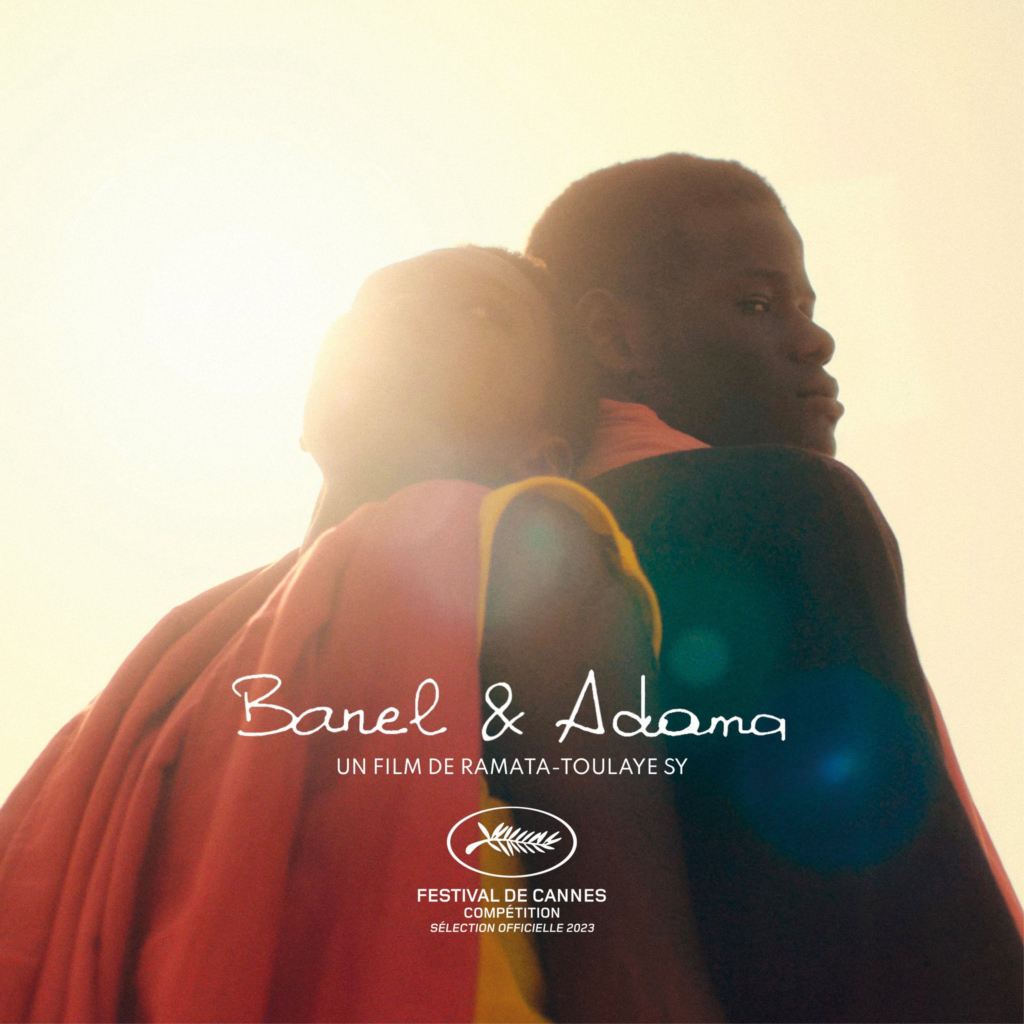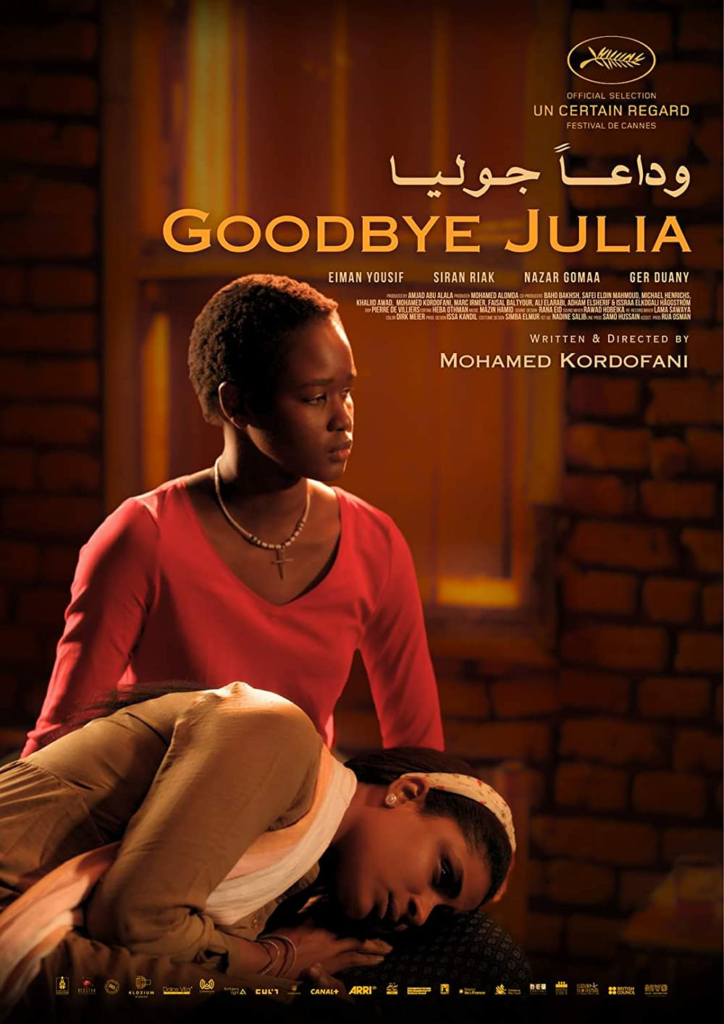The African industry has grown significantly over the past years. It is no surprise that major festivals, such as the Cannes film festival have an amazing lineup of African Films. The festival, known for its prestigious selection, features a diverse range of African films. African films are set to take center stage at the Cannes Film Festival, returning for its 76th edition. This article will provide insight into some of the African films shown at the Cannes film festival.
Like many Stories, this one starts with a breakthrough. Over 35 years ago, Souleymane Cissé made history as the first African filmmaker to feature his film, “Yeleen,” at the Cannes film festival. This followed an increased interest in African Films globally. The journey to ‘dominate’ the Cannes film festival as this comes just after Netflix and Prime studios expanded their reach to Africa. He got worldwide recognition, hence paving the way for other African directors into westernized dominated spaces.

This year, Cannes is back with a spectacular lineup featuring amazing African directors and competitors Kaouthe and Ramata-Toulaye. This year, the festival aims to address the gender imbalance by increasing the number of women directors and providing a platform for first-time African films.
‘Banel and Adama” Is a film by Ramata-Toulaye, a French Senegalese director making her debut at Cannes. It tells the story of two individuals from different backgrounds. Set in a small village, the film explores their unlikely friendship and the challenges they face in a changing society. “Banel & Adama” shares the struggles and aspirations of its titular characters. Banel, a young farmer, dreams of a better life beyond his village. Adama, on the other hand, is a talented musician seeking recognition for her art. The film will be shown at the Festival late this week.

Another highly anticipated film is “Omen (Augure)” by Baloji, a Belgian Congolese rapper. The film delves into folklore and myth, portraying the lives of individuals believed to possess supernatural powers. South African singer Bongeziwe Mabandla also stars in this captivating feature.
The film “OMEN” is an ensemble production that follows the lives of four individuals unjustly labeled as witches and sorcerers. Despite their dire circumstances, they discover a path to support one another, breaking free from the constraints imposed by society. Together, they embark on a journey into the captivating realm of African phantasmagoria. Through its active storytelling, “OMEN” captures the resilience and strength of these individuals as they defy their socially imposed destinies. Each character finds solace and inspiration in the company of their companions, forming a tight-knit bond that transcends their shared misfortune.
Making history, “Goodbye Julia” marks the first Sudanese film to be featured in the official selection at Cannes. Directed by Mohamed Kordofani, the film depicts the complex relationship between two women entangled in a hit-and-run incident, highlighting the differences between northern and southern Sudanese communities. The film “Goodbye Julia” depicts the complex dynamics between northern and southern Sudanese communities. The film is set in Khartoum during Sudan’s final years as a unified nation before the separation of South Sudan in 2011. In this narrative, two women take center stage, representing the diverse perspectives within these communities.
With its poignant storytelling and compelling performances, “Goodbye Julia” captivates audiences, inviting them to reflect on the complexities of human connections and the impact of societal divisions. Through its powerful narrative, the film encourages dialogue and empathy, bridging the gaps between cultures and fostering a deeper understanding of Sudan’s history and its people.

Lastly, the Cameroonian director Rosine Mbakam brings her debut film, “Mambar Pierrette,” to the festival’s Directors’ Fortnight sidebar. This docu-drama follows the life of a seamstress and her mother in Douala, Cameroon’s largest city. Mbakam’s personal connection to the story adds depth and authenticity to this poignant film. The narrative emphasizes the themes of struggle, hope, and the indomitable spirit of a mother’s love. It sheds light on the harsh realities experienced by individuals living in regions affected by heavy rainfall. Ultimately, “Under the Rain of Douala” explores the human spirit’s ability to endure and find strength in the face of relentless challenges.
These African films, among others, provide a unique perspective on the diverse narratives and cultural heritage of the continent. By participating in the Cannes Film Festival, African filmmakers continue to challenge conventions and broaden the horizons of global cinema.
As the festival unfolds over the next two weeks, audiences can expect these films to generate buzz and garner critical acclaim. Cannes once again serves as a platform for African voices, inviting viewers to engage with compelling stories that celebrate the richness and creativity of African cinema.


